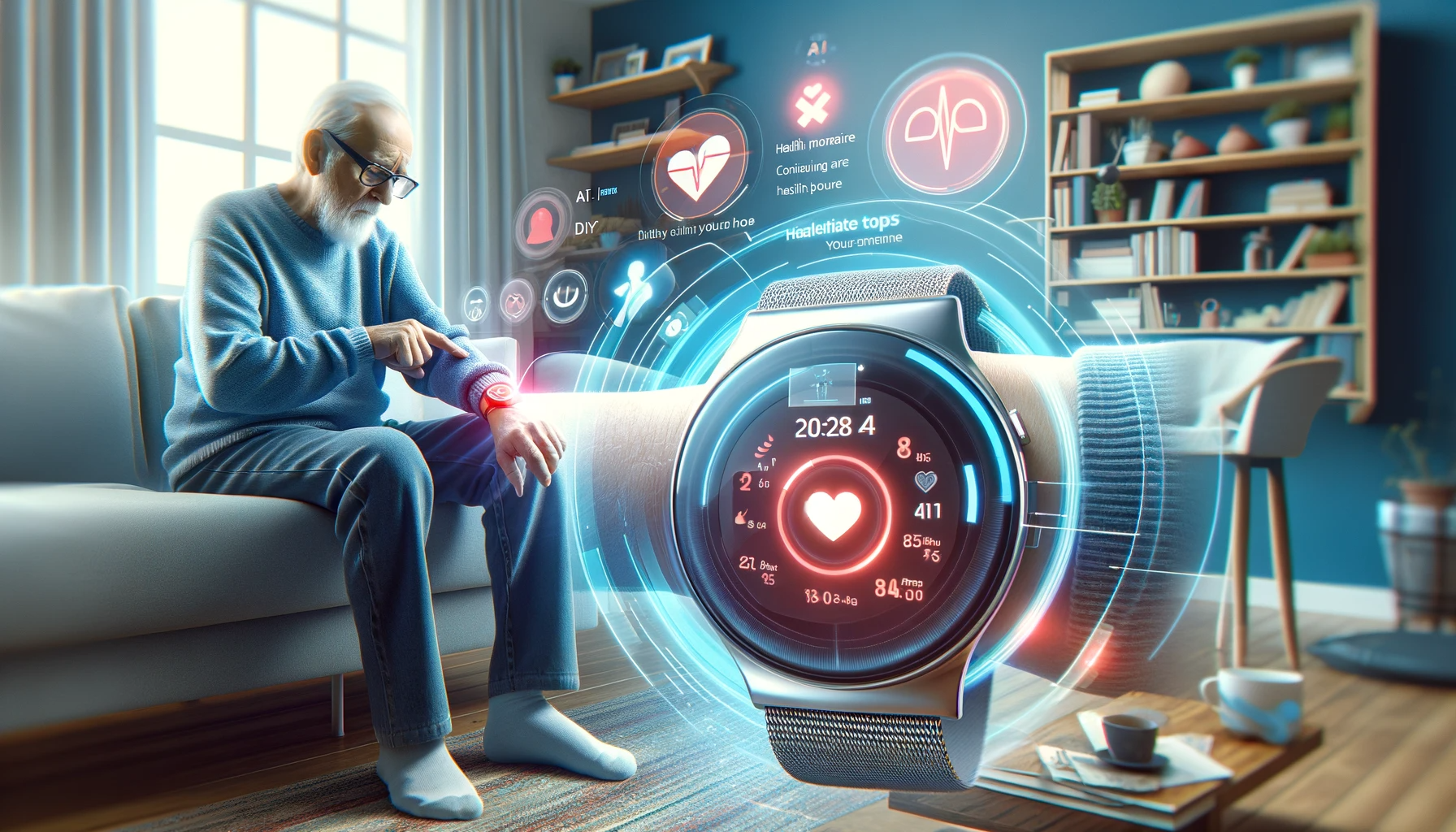The elderly population is on the rise, and with it comes a pressing need for innovative solutions to address their healthcare needs. In the not-so-distant future, artificial intelligence (AI) is set to play a pivotal role in transforming the landscape of healthcare for seniors. As we navigate the challenges posed by an aging population, AI offers a ray of hope, revolutionizing personalized healthcare like never before. In this article, we delve into how AI is poised to shape the future of healthcare for seniors, providing tailored and effective solutions to improve their quality of life.
The Aging Population and Healthcare Needs
With each passing year, the global population is growing older. This demographic shift has profound implications for healthcare systems worldwide. The elderly often face a multitude of health challenges, including chronic illnesses, age-related conditions, and complex medication regimens. These factors make their healthcare needs unique and demanding. Traditional one-size-fits-all approaches struggle to address the intricate health requirements of seniors effectively.
Personalized Healthcare: A Necessity for Seniors
Personalized healthcare has emerged as a necessity, particularly for the elderly. Unlike generic treatment plans, personalized healthcare tailors medical interventions to individual patients. For seniors, this means healthcare solutions that consider their specific health history, genetics, and lifestyle. Such an approach not only enhances the effectiveness of treatments but also minimizes adverse effects and reduces the burden on healthcare systems. In the following sections, we will explore how AI is revolutionizing personalized healthcare for seniors, offering a beacon of hope in an aging world.

AI in Healthcare: A Revolution
Artificial Intelligence (AI) has ignited a revolution in healthcare. It encompasses a range of technologies, including machine learning, natural language processing, and computer vision. These AI tools can process vast amounts of medical data and extract meaningful insights at speeds that were once unimaginable. For seniors, this translates into more accurate and timely diagnoses, treatment recommendations, and predictive analytics that can help prevent the progression of diseases.
The Role of AI in Personalized Healthcare for Seniors
AI is not a one-size-fits-all solution. It can be tailored to meet the specific needs of senior patients. In personalized healthcare for seniors, AI-driven solutions come to the forefront. These include remote monitoring of vital signs, predictive modeling to identify potential health issues before they escalate, and medication management systems that ensure seniors take their prescribed medications as needed. AI’s ability to adapt to individual health profiles allows for more precise and effective interventions, ultimately improving seniors’ overall well-being.
Benefits and Challenges
The integration of AI into personalized healthcare for seniors brings forth a host of benefits. Improved health outcomes, cost-effectiveness, and enhanced quality of life are among the advantages. AI-driven remote monitoring can help seniors age in place, reducing the need for frequent hospital visits. However, this technological transformation also poses challenges. Privacy concerns arise when handling sensitive medical data, and ethical considerations surround the use of AI in decision-making. Additionally, biases in AI algorithms must be addressed to ensure fair and equitable healthcare delivery to all seniors.
The Future Outlook
As we look to the future, the potential for AI in senior healthcare is boundless. AI algorithms will become more sophisticated, capable of making increasingly accurate predictions and providing personalized recommendations. Wearable devices and home-based AI systems will become commonplace, allowing seniors to manage their health more independently. Moreover, the integration of AI into electronic health records will facilitate seamless communication between healthcare providers and patients, further enhancing care coordination. The journey has just begun, and as AI continues to evolve, seniors can look forward to a future where their healthcare needs are met with precision and compassion. In conclusion, AI is poised to revolutionize personalized healthcare for seniors, offering hope and improved well-being in their golden years.
